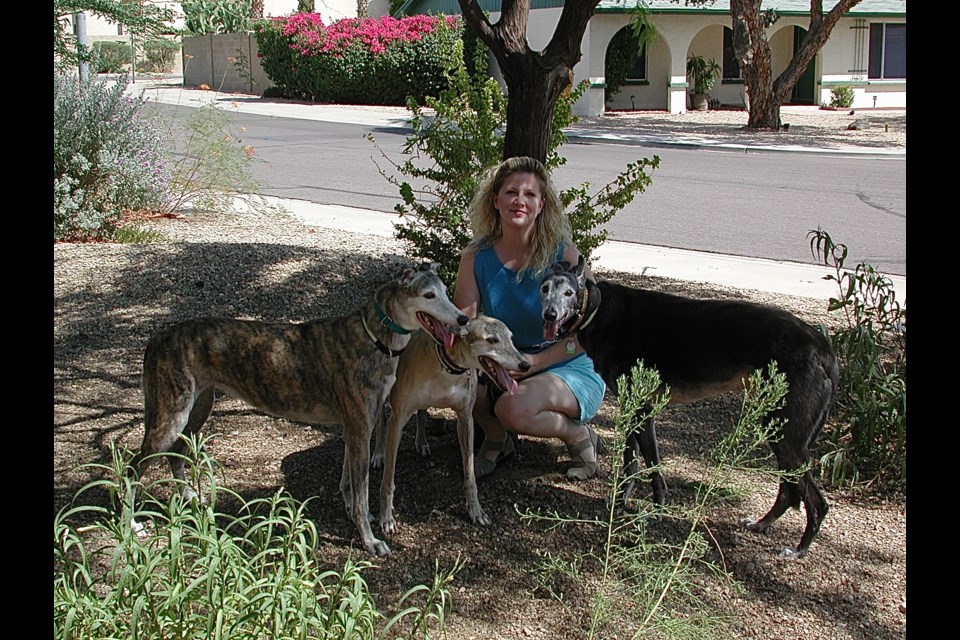Did you know that mental games that target skills such as problem solving, impulse control, conflict resolution, focus and relevance, confidence building and body control not only promote good behavior, they actually promote better brain health? It is all about neuroplasticity.
What is neuroplasticity?
Neuroplasticity is about how nerve cells adapt to circumstances. It causes nerve cells to respond to stimulation by generating new tendrils of connection to other nerve cells, called synapses. This actively promotes cognitive and mental health and reduces the impact of negative stimuli. Neuroplasticity underlies the capacity for learning and memory, as it enables mental and behavioral flexibility.
How does mental training help with neuroplasticity?
Mental training is one of the more powerful ways to open up “windows of plasticity” in the brain. Mental training stimulates the release of the substance known as brain-derived neurotropic factor (BDNF), which sets in motion the growth of new synaptic connections and bolsters the strength of signals transmitted from neuron to neuron.
How do games and brain activities promote mental training?
You should design your interactions with your dog to enhance mental training. Don’t simply focus on repetitive obedience training that yields perfect responses. You don’t actually want to get dogs to a high level of fluency in their training when focusing on mental training. Once dogs become fluent in a behavior, it takes much less mental training to perform that behavior as it becomes more like a habit. We want the dogs thinking. That is why you should always change things up. Once a dog becomes proficient at a behavior, find new ways for them to apply that knowledge and new situations in which to engage in that behavior.
You should always adjusting your training activities to create a new mental challenge for your dog to work through. Even their basic training behaviors may become challenging to perform in certain situations.
There are many factors that impact their performance including:
- The social dynamics with any other animals around.
- The interaction with the person who is training with them.
- Environmental conflict and distractions.
- The context in which they are asked to perform behaviors.
- Their level of patience while waiting for you to begin training.
- How each dog deals with varying levels of frustration.
- How each dog handles disappointment when things don’t go the way they want.
- Each dog’s particular learning style and life-skill that underly each activity.
- And many, many more factors…
Remember, we want the dogs to be challenged in order to keep their brains busy thinking and figuring things out. If your dog does particularly well with one activity, you should be sure they will be challenged by another. This is why you should always varying the activities. We don’t always want our dogs acting out of habit. We want our dogs working through challenges that help with brain health.
Tune in to educarefordogs on Instagram for ideas of things to work with your dogs or check out akc.org/expert-advice/lifestyle/do-it-yourself-cognitive-dog-toys-for-home/ for other ideas.
Sam Freeman, CPDT-KSA, is the president and owner of Pet Behavior Solutions and Edu-Care for Dogs, based in Scottsdale. She is the creator of the Core Behavior Assessment, which is the behavior evaluation program used by many animal shelters and animal control agencies in Arizona. Freeman is certified through the Certification Council for Professional Dog Trainers and has completed specialized education and training in psychology, learning theory, ethology, family counseling, behavior modification techniques, aggression, canine and feline behavior issues, and grief counseling. Reach her at 480-200-2011 or visit petbehaviorsolutions.com.



